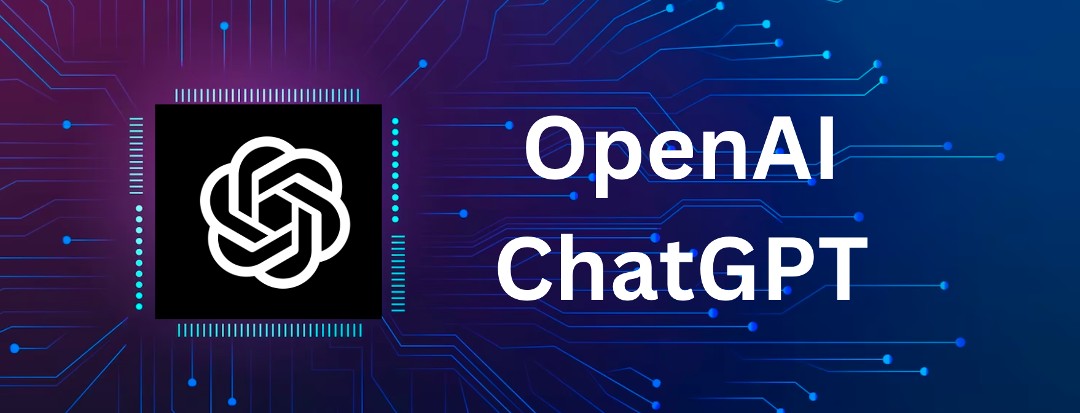IT has always been in a state of flux. The pace and intensity of change have sped up with AI, Virtual Reality, IoT, and other new technology.
For IT professionals, learning is a continuous process, ingrained into their way of life. To put things in perspective, a tech guru of the 90s, competent in COBOL, FoxPro and other red-hot technologies of the time, but who did not update to new technologies as it emerged, would be redundant now.
Here are some red hot technology skills in vogue.
1. JavaScript
JavaScript has withstood the test of time. It is the fastest growing and the most used programming language for interactive web interfaces, for many years running. All modern browsers support JavaScript. The language is at the core of internet biggies such as PayPal, Netflix, Walmart, Groupon, and LinkedIn. With no viable alternative on the horizon, JavaScript will remain red hot for some time.
The 2019 Stack Overflow developer survey covering 90,000 developers show 69.7% of developers coding in JavaScript.
Most web development and information security jobs require knowledge of JavaScript.
2. Java
Java, launched in 1991, has also withstood the test of time as a popular programming language.
Java emerged as an easy to use, general-purpose programming language. Its object-oriented and class-based nature makes it very adaptable. It is easy to write and use. It is robust and has very few implementation dependencies.
The above qualities make Java ubiquitous. It is the most used software in financial services, banking, retail, stock markets, and now Big Data analytics. Many tech giants use Java to build up their infrastructure, and back-end services. Its use in Android OS guarantees its relevance for a long time ahead.
Most job openings for back-end developers and full-stack developers require knowledge of Java.
3. Kotlin

Java is popular but has limitations. It has an inefficient code architecture which hogs memory. It is slow and has limited latency. It cannot control hardware resources such as ram and processor, making it incapable of creating a kernel of OS and drivers.
Kotlin, the new general-purpose programming language overcomes the limitations and issues of Java. It combines Java’s object-oriented characteristic with functional programming features. It offers better tooling support compared to Java.
Android development is faster and easier with Kotlin compared to using Java. Many developers rewrite Java apps in Kotlin. Several leading online brands such as Pinterest and Coursera have already moved to Kotlin.
Most jobs in Android development will require knowledge of Kotlin, going forward.
4. Python
Python, launched in 1991, has increased its relevance. Developers use it to develop scalable web applications and data analytics. It is a natural fit for data mining and machine learning.
Python is a high-level programming language with dynamic semantics, yet easy to use. Developers like its simple syntax, speed and ease of deployment. The robust library support and a large community are plus points.
Most data scientist and software analyst jobs require knowledge of Python.
5. NumPy and Pandas
NumPy and Pandas are open source projects based on Python.
Data scientists swear by Python. But there is no Data Science in Python without NumPy and Pandas. NumPy powers over 50% of the popular public repositories on machine learning and NLP. Pandas power data mining.
Considering the growing importance of analytic and data, the relevance of NumPy and Pandas will increase. Most data scientist and Machine Learning jobs will need knowledge in NumPy and Pandas.
6. R
R is another popular language for data analysis, machine learning, and statistical computing. Its robust framework and built-in libraries allow developing powerful Machine Learning algorithms. It is extensible and runs on any operating system.
With more and more enterprises seeking AI-powered applications, the prospects of R is bright in the foreseeable future.
7. Django
Often web development coding gets messy as changes pile up. Developers prefer agile development to overcome the mess to a large extent. Ruby on Rails is agile and scores big over Phyton in seamless, fast development. It also offers out-of-the-box features which Python lacks. Django, an open-source Python web framework, is Python’s answer to Ruby on Rails.
Django facilitates rapid development with a clean design. It is hyper-secure and scalable. The plethora of third-party libraries lend depth to the package. Django’s vibrant community releases new code and plug-ins.
Major companies such as Spotify and YouTube, use Django.
Django’s user base will grow as more developers embrace Python for emerging technologies such as Machine Learning and Big Data. Most jobs in Python and DevOps will also need knowledge of Django.
8. Rust

Mozilla created Rush as a replacement for C and C++. Rust is like C++, but provides better memory safety and delivers high performance.
A StackOverflow report lists Rust as the most loved programming language for the fourth consecutive year. A big reason for the sustained popularity of Rust is its adoption by tech biggies such as Google, Amazon, and Microsoft.
Job openings for back-end developers and network engineers require knowledge of Rust.
9. ReactJS
Facebook created ReactJS as a front-end library to develop user interfaces. Today, many developers use ReactJS to create full-scale, dynamic applications easily. Its ability to update virtual DOM that renders from both the server-side and the client-side makes it stand out. ReactJS also delivers a high-performance rendering of complex user interfaces, fast.
A Stack Overflow report list ReactJS is the most loved web framework. Top adopters of ReactJS include the BBC, Netflix, PayPal, Facebook and Instagram.
Competence in ReactJS throws opens several front-end developments and full-stack development jobs.
10. Docker
Containers are a rage now. Containers store code with dependencies. This allows applications to run faster and reliably on any Linux machine. Developers use Docker to create and deploy applications within containers.
A Stack Overflow survey lists Docker as the second “most loved platform” and number one in the “most wanted platform.” The increased sync of the cloud and containers increases the demand for Docker.
Many software developments, DevOps, and database admin jobs now demand competency in Docker.
The most wanted technology and core skills keep changing with the times. Demand is relative and depends on the location, the specific requirements of the company, and other factors. But the above technologies seem entrenched for the long haul.











